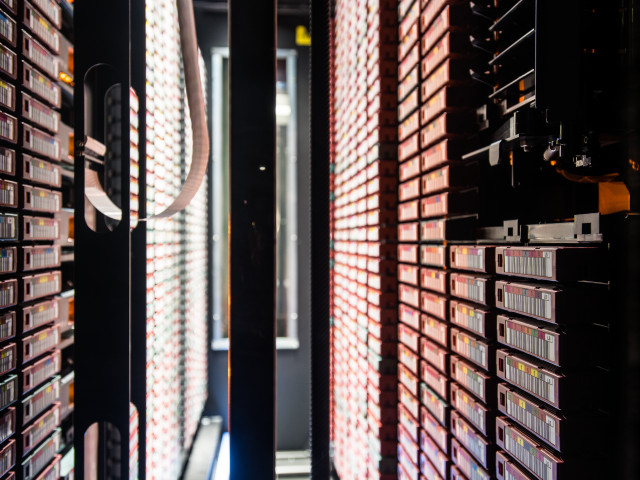Registered students find further information about the implementation of the course in the course room in Canvas. A link to the course room can be found under the tab Studies in the Personal menu at the start of the course.
Different examiners for different course offerings:
TINTE: Emma Enström
CMAST and CITEH: Daniel Bosk och Olle Bälter
CENMI and TIKED: Emma Riese
COPEN and CMATD: Vahid Mosavat
CELTE: Christian Lindeborg
You can only count one of the following courses in your degree:
DD100N, DD1310-DD1319, DD1331, DD1337, DD1340-DD1343, DD1345, DN1212, HI1024, HI1026, ID1004, ID1018, ID1201, ID1301, SF1511, SF1513, SF1516-SF1519.
In this course, the EECS code of honor applies, see:
http://www.kth.se/en/eecs/utbildning/hederskodex
